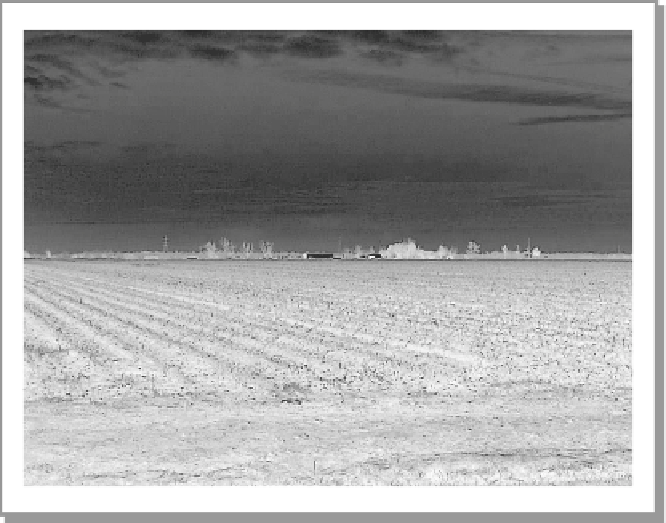Environmental Engineering Reference
In-Depth Information
One of the benefits of fieldwork is that it provides a commonsense perspec-
tive to data. For example, in a study of schools in the rural south, I received
boxes of records indicating very low academic performance but high school
attendance. This was counterintuitive and contrary to my experience working
with schools in urban areas where students who received poor grades dropped
out of school or were often truant or late. However, traveling to the school
watching cotton, rice, and soy fields pass by, mile after mile, it became clear to
me that the data made sense (see Figure 3.1). There was nothing else to do but
show up to school. It was the only “social game” in town. As one student put it,
“It [school] sure beat sittin' in the field, doing nothing all by yourself.”
The fieldworker uses a variety of methods and techniques to ensure the
integrity of the data. These methods and techniques objectify and standardize
the researcher's perceptions. Of course, the ethnographer must adapt each one of
the methods and techniques discussed in this chapter to the local environment.
Resource constraints and deadlines may also limit the length of time for data
gathering in the field—exploring, cross-checking, and recording information.
Figure 3.1
Cotton fields in the Arkansas Delta

